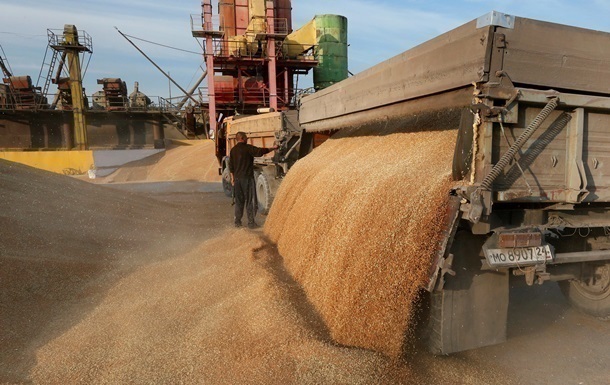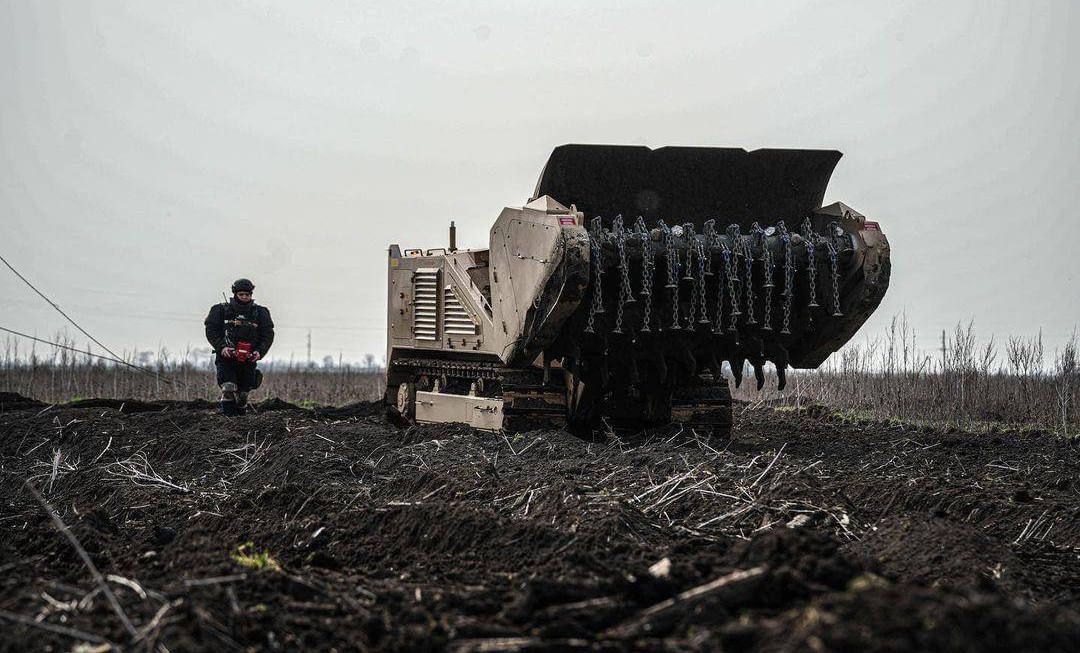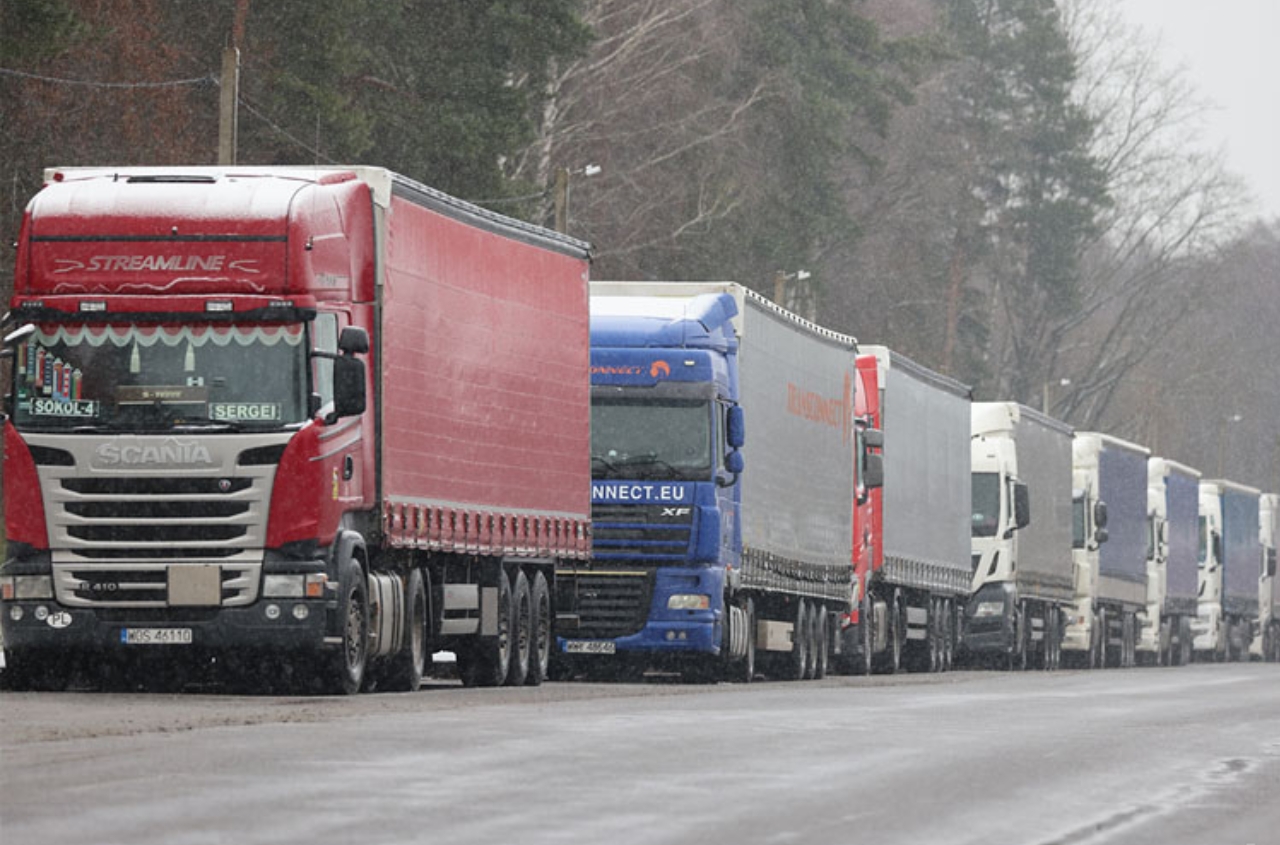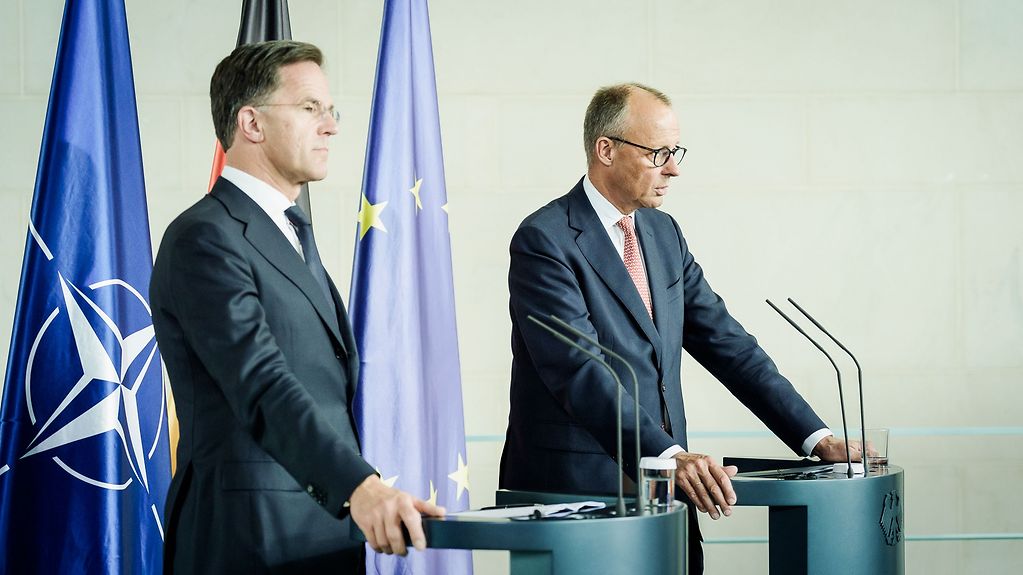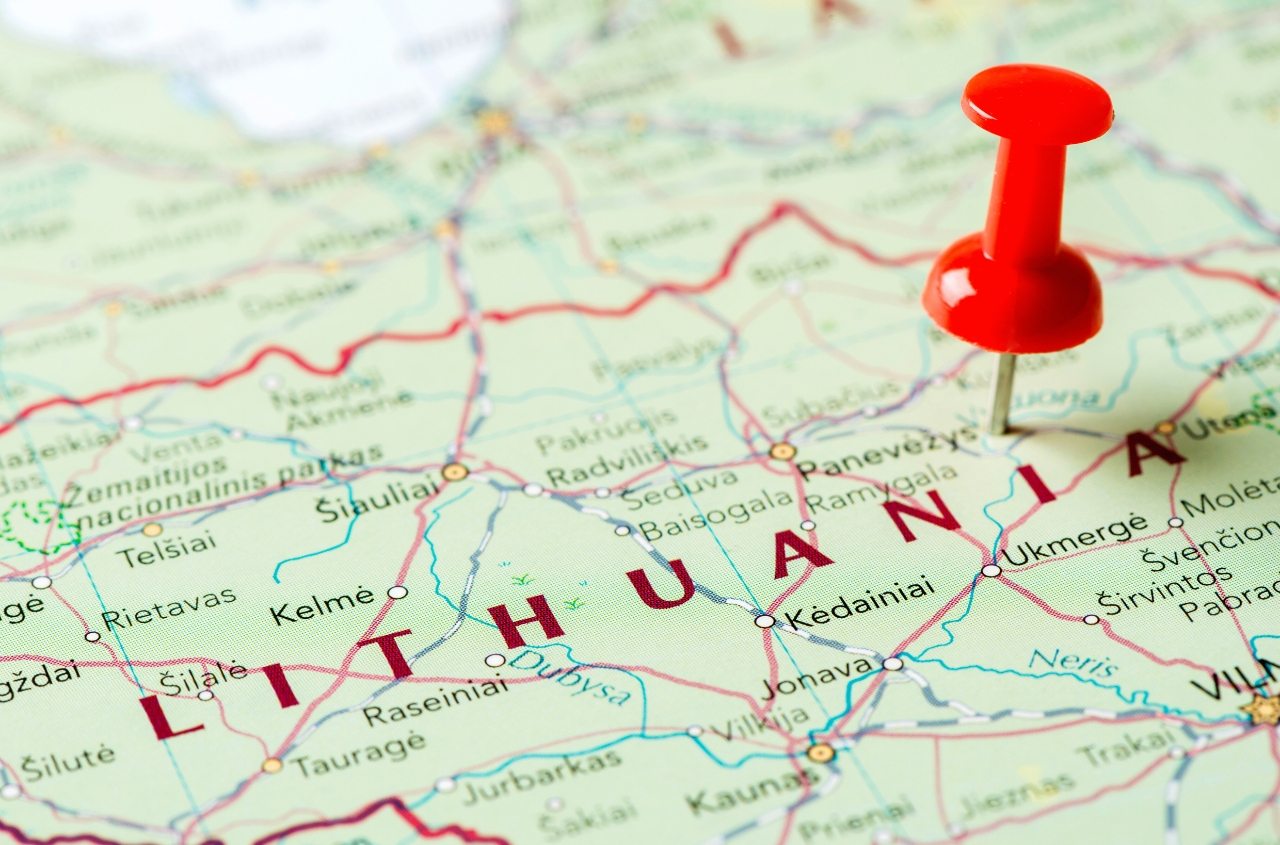Grain transshipment in Russian seaports fell sharply by 56.4% in the first half of 2025, dropping to 16.4 million tons. This decline is attributed to a poor harvest, export duties, and intense competition among port operators.
Against this backdrop of decreasing profitability in the grain sector, one of Russia’s largest agricultural holdings, Steppe, has put up for sale its grain terminal in the port of Azov and an elevator facility in Volgodonsk. The company cites unprofitability in its grain operations and a heavy debt burden that reached \$4 billion by the end of the first quarter.
Individuals close to the Kremlin have already shown interest in the holding’s assets. A likely scenario is that parts of this infrastructure will be transferred under the control of state or affiliated entities.
A similar situation is unfolding around the agribusiness empire Rusagro. Its owner, billionaire Vadim Moshkovich, has been under arrest since March on fraud charges. However, the real motive appears to be the attempted confiscation of his business. Some of Rusagro’s assets are already being transferred to trust management by Rosselkhozbank — a state-controlled institution overseen by Deputy Prime Minister Dmitry Patrushev. Earlier, confiscated assets from the owners of Makfa, Russia’s largest pasta manufacturer, and the Ariant group, the biggest vineyard owner in Kuban, also came under the management of this bank linked to Putin’s close associates.
The sale and nationalization of agribusiness assets reflect deeper structural problems within the sector: shrinking exports, rising credit costs, and increased government intervention. These trends intensify dependence on domestic market conditions and reduce the global competitiveness of Russia’s agricultural complex.









